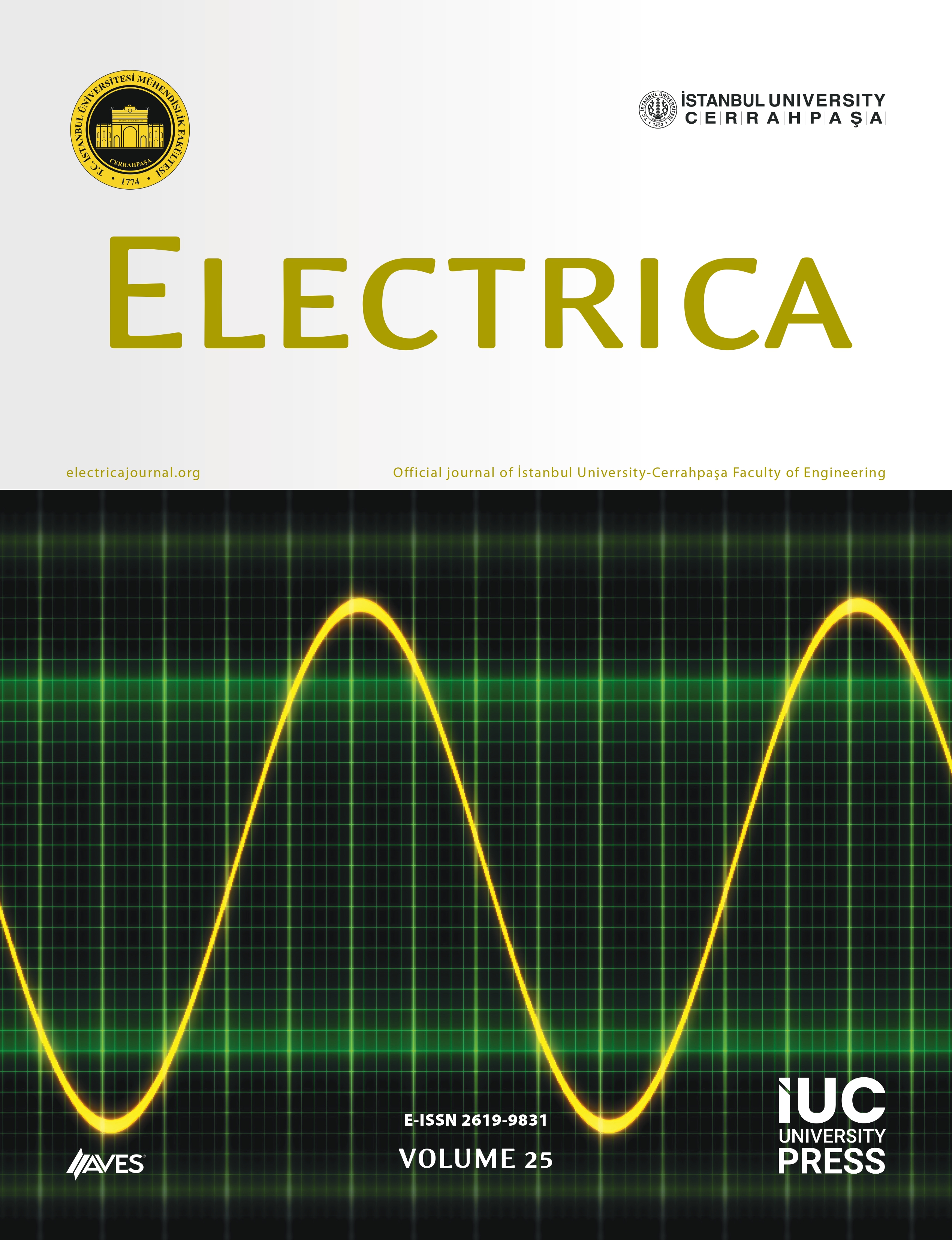Well-Being reliability indices (Health, Margin and Risk), provide a comprehensive measure to assess the adequacy of composite power systems. Conventional reliability information about power system operation only considered health and risk states, which were not often adequate criteria in both power system planning and operation. Well-being approach for power system generation adequacy evaluation incorporates deterministic criteria in a probabilistic framework, and provides system operating information in addition to risk assessment and can be evaluated using analytical techniques. The most important part of this approach is the algorithm for calculating the probability of the states. Besides, all the power system components, their behavior and their operational conditions such as transmission lines overloads and voltage drops should be considered in the calculations. In this context, this paper proposes a method to calculate more precise well-being indices using Monte Carlo simulation procedure and Fuzzy Logic algorithm while AC load flow is utilized for contingency analysis. The proposed method is examined on the RBTS and the results are presented.



.png)

.png)